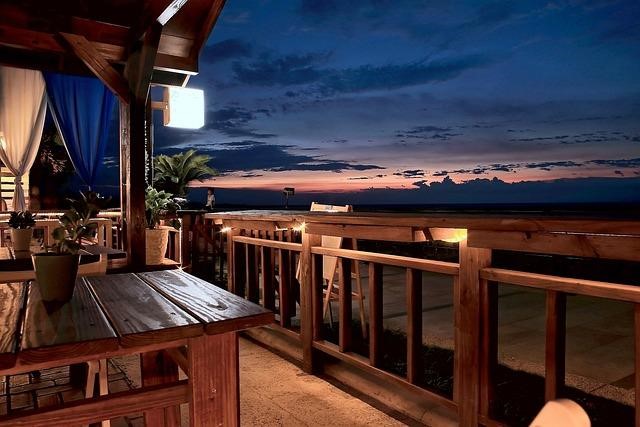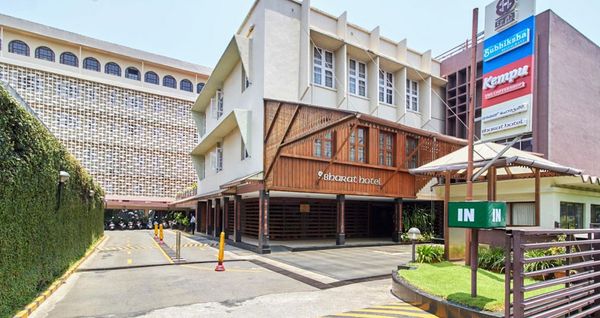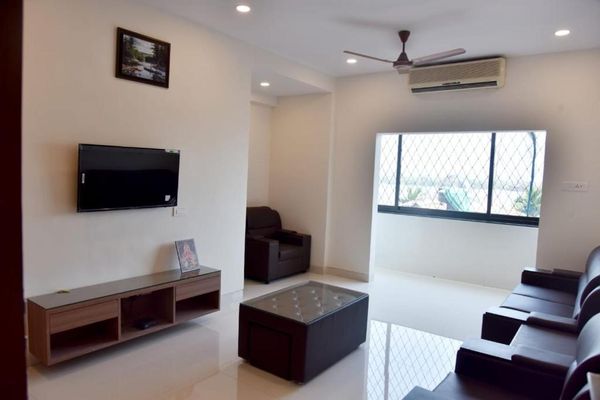How to Choose the Best Holiday Home for Sale: A Buyer's Guide
 Ross D'cruz
25 Feb, 2025
10 mins read
16
Ross D'cruz
25 Feb, 2025
10 mins read
16

Holiday homes' property value has been going up over the years. In the UK, it is projected that the vacation rental market's revenue will amount to $4.77bn by 2025. The market is expected to grow annually by 2.38% (CAGR 2025-2029), resulting in a market volume of $5. 24bn by 2029.
This means holiday homes are in high demand in the UK, with a strong market for people looking to invest in beautiful locations like Cornwall and the Peak District.
Buying a holiday home can be a significant life event but also an exciting one! It combines the joy of having your little getaway with the potential for a smart investment. If you've considered investing in a holiday home, then you must ensure your investment brings you both pleasure and good returns.
Read on and learn how to choose the best holiday home for sale.

1. Prioritize Location
The right location is key to your holiday home investment. In the UK, for instance, holiday homes for sale in hotspots like Cornwall and the Lake District will bring visitors all year round – which means greater rental potential for you.
But why not find out what makes a particular location unique? Perhaps it’s long sandy beaches, breathtaking coastal walks, or the numerous restaurants and galleries.
Also, consider how many people come and go at least partially based on the calendar: Some coastal towns might be packed in summer but quiet in winter. Others draw visitors all year long.
Visit your chosen location in different seasons to get a real feel for the place. Alternatively, talk to local real estate agents about visitor patterns and rental demand. They can tell you which areas are up-and-coming and might offer better value for money.

2. Understanding Your Budget
Money matters require careful planning when buying a holiday home. The purchase price is just the start – you'll need to factor in many other costs.
Stamp duty costs are often higher when buying a second home. Insurance costs can be high too for holiday lets. Maintenance is another cost to factor in, especially if you buy an older property that will require repairs from time to time.
If you'll let your property, remember to budget for furnishings and decorations. Holiday homes need to be welcoming if you want guests coming back again and again.
And finally, factor in management fees if you're going to have a letting agency run the place on your behalf. Their costs can vary from 15-25% of your rental income. So, ensure you have a bit of financial buffer for any repairs or if the property isn't rented out for a few months.

3. Consider the Property Type and Features
Holiday homes are not equal. Some will always be better suited to specific locations and demography than others. For instance, traditional cottages may be more appealing to couples or small families looking for a cozy, authentic experience.
On the other hand, modern apartments may attract younger city-dwelling visitors who want contemporary comfort during their stay. Before deciding on the holiday home you want to invest in, look at the property type and features, such as:
- How many bedrooms do you need?
- Is there enough parking?
- Does it have outdoor space?
Remember that features that make a home comfortable for everyday living may not be what holidaymakers are after. Good Wi-Fi, comfortable social spaces and easy-to-use appliances often matter more than large storage areas or utility rooms.
4. Check the Legal Requirements and Permissions
Getting the legal side right is important when investing in a holiday home. Firstly, check that the property has planning permission to be used as a holiday let – some properties are restricted to being used as permanent homes only.
If you're buying in a park, carefully read through the site license. Some have rules about times of year that you can't stay there or residential restrictions.
You'll need to consider holiday safety regulations, too. These include fire risk assessments, gas safety checks and electrical testing.
In addition, some lenders have very specific conditions on holiday homes. For example, you may not get a regular residential mortgage for the holiday home purchase. Always seek professional guidance before purchasing to avoid getting on the wrong end with regulations.

5. Consider the Potential for Growth
Check if your chosen area has the potential for property values and rental demand growth. Are there any new attractions or facilities planned? Is the local council investing in tourism? Good transport links and improving local amenities can increase property value over time.
Research other properties in the area to see what they generally rent for and their occupancy levels. Also, find out if there are different seasons and if rental rates and demand change.
Some areas can rent at a premium during certain times of the year and be ghost towns at other times. Being adequately informed on these important aspects of demand fluctuations can help you know what realistic expectations should be for income potential.
Final Thoughts
Remember, a holiday home is an investment and a lifestyle choice. So, spend time covering what you want and ensuring the property appeals to guests.
Get it right by researching where you want your holiday home to be and what sort of property would suit you. With some planning and choosing the right property, a holiday home can give you many years of pleasure, not to mention adding an asset to your portfolio.
Written By:
Ross D'cruz



Hotels at your convenience
Now choose your stay according to your preference. From finding a place for your dream destination or a mere weekend getaway to business accommodations or brief stay, we have got you covered. Explore hotels as per your mood.


